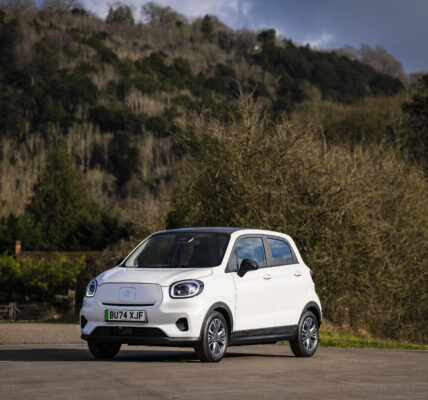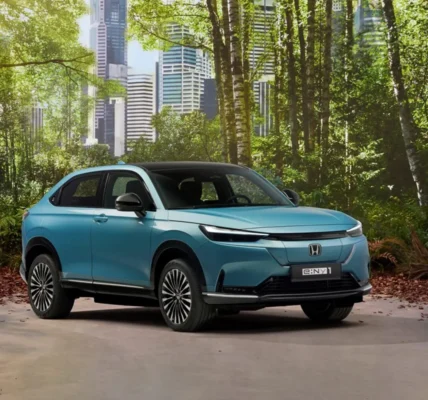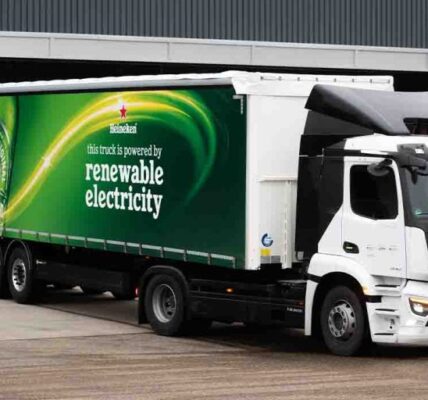If Britain and the EU fail to postpone post-Brexit trade rules dictating local content in electric vehicles traded between the bloc and the UK, average EU-made car prices will rise 3,400 pounds ($4,134) in January, a trade group said on Wednesday.
The Society of Motor Manufacturers and Traders (SMMT) said those same rules will also add 3,600 pounds to the average British-built EV sold in Europe.
“Not only would consumers be out of pocket, but the industrial competitiveness of the UK and continental industries would be undermined,” SMMT CEO Mike Hawes said in a statement.
Under the “rules of origin” agreed in the EU-UK post-Brexit trade deal, EVs need to have 45% EU or UK content from 2024, with a 50%-60% requirement for their battery cells and packs, or face British or European Union import tariffs of 10%.
But European and British supply chains for EVs are not yet advanced enough for electric cars produced to meet those rules, so automakers face a 10% tariff.
World No. 3 automaker Stellantis (STLAM.MI) has said British car plants will close, with the loss of thousands of jobs, unless the Brexit deal is swiftly renegotiated, while Ford (F.N) has said it will slow the transition to electric.
Automakers and industry groups like the SMMT have called for a three-year delay to implementing the rules of origin.
The European Automobile Manufacturers’ Association (ACEA) has said the rules could cost carmakers up to 4.3 billion euros ($4.53 billion) in tariffs and hit output.
So far, the EU executive has been reluctant to renegotiate the deal.In June, Stefan Fuehring, a European Commission official overseeing the post-Brexit EU-UK trade agreement, said the EU rules of origin were “fit for purpose” and that the bloc was not considering changing them.








